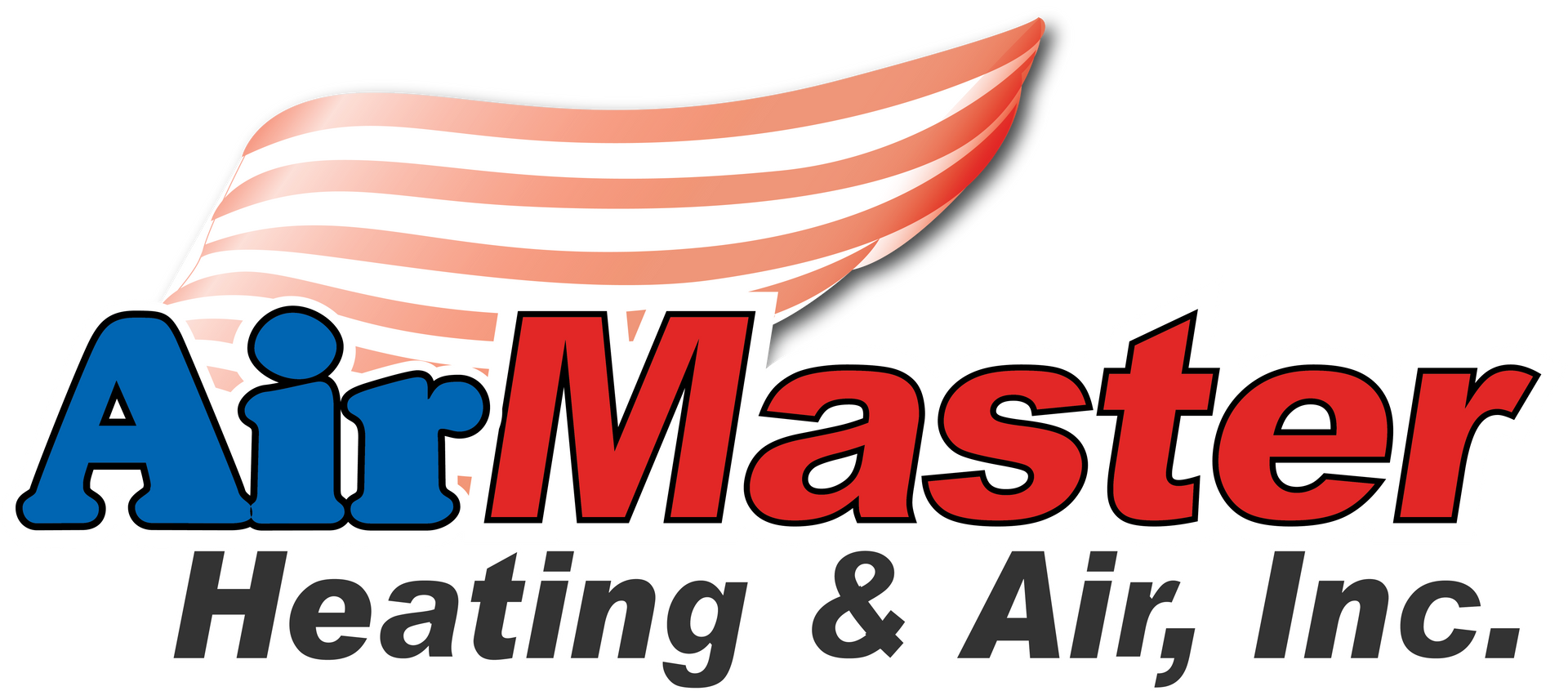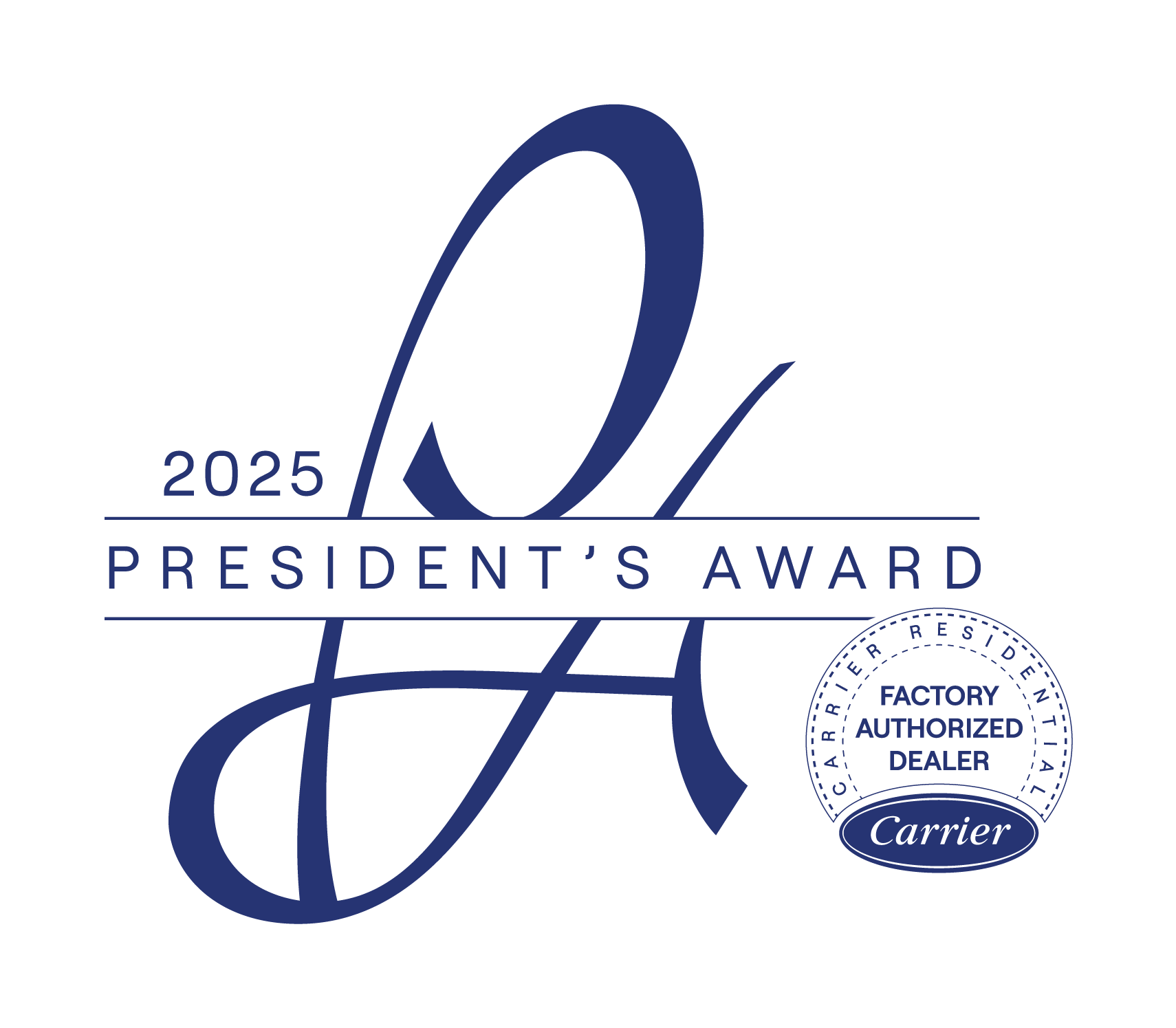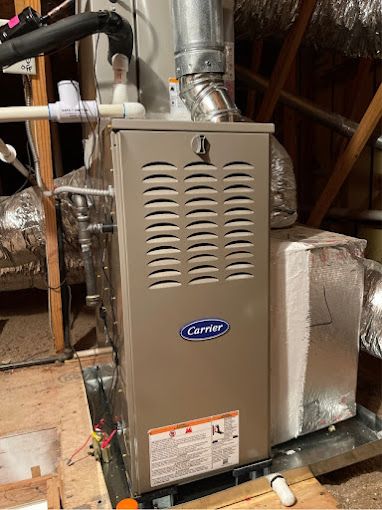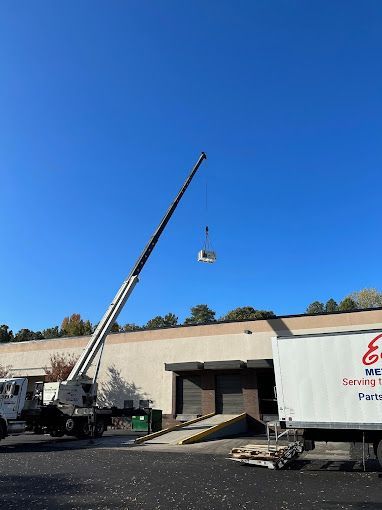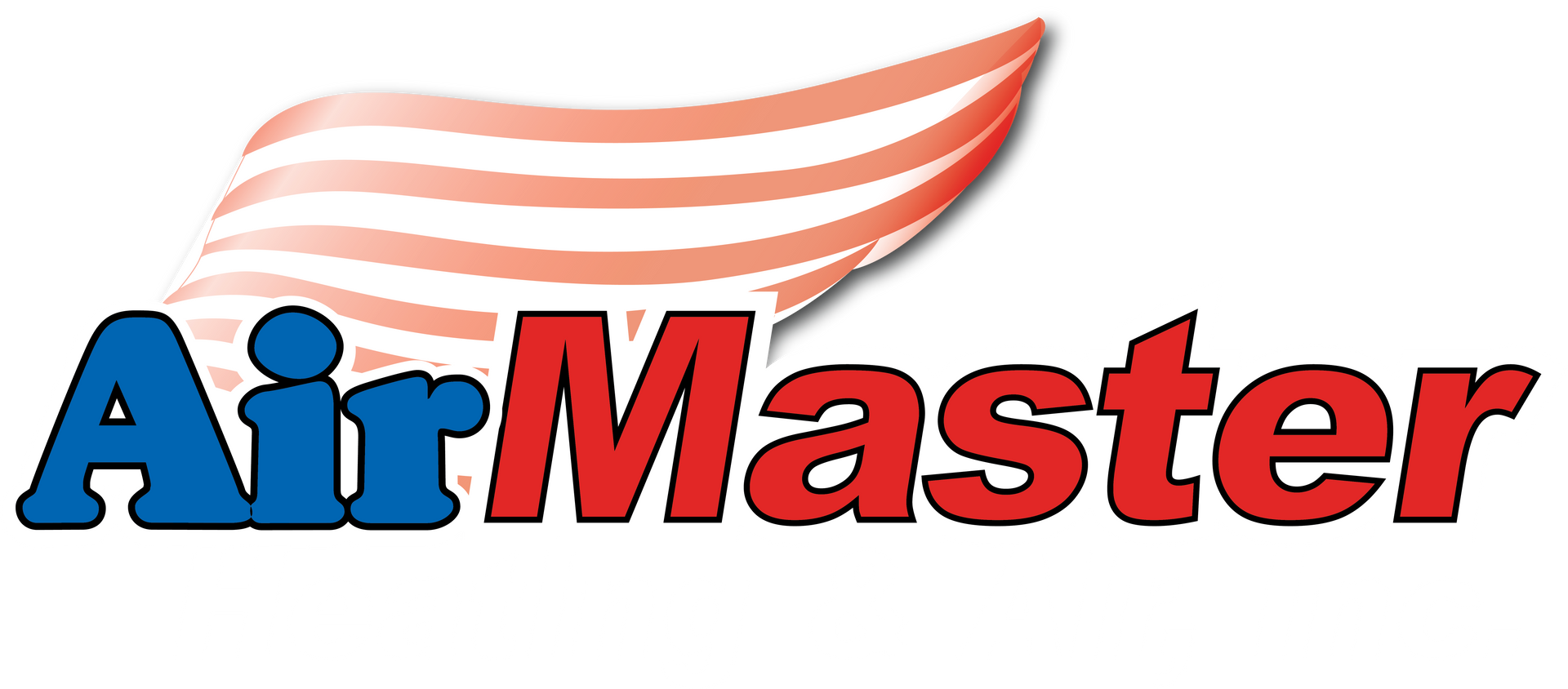May 1, 2024
The success of any business relies not only on the quality of its products and services but also on creating a comfortable and productive working environment. A critical aspect of achieving this is selecting the right commercial air conditioning system to provide consistent temperature control, energy efficiency, and a pleasant atmosphere for employees, clients, and customers. With a wide variety of commercial AC systems available in the market, making the best choice for your business can seem overwhelming, but considering factors such as energy efficiency, ease of maintenance, and system performance can simplify the decision-making process.
As experts in air conditioning services, our professionals understand the intricacies and challenges involved in selecting the best commercial AC solutions that cater to your specific needs. With our team on your side, you can rest assured that you will receive expert advice, installation, and professional maintenance services that will keep your AC system running efficiently and optimize the working environment for your business.
Understanding Different Types of Commercial AC Systems
Before diving into the specifics of selecting the perfect AC system for your business, it’s essential to first understand the different types of commercial AC systems. The most commonly used systems include:
Rooftop Units (RTUs): RTUs are an all-in-one solution, combining heating, cooling, and ventilation in a single system. These units are designed for easy installation on the roof, saving valuable interior space.
Central Air Conditioning: Central AC systems use a network of ducts to distribute conditioned air throughout the building evenly. This type of system is great for large commercial spaces that require consistent temperature control across multiple rooms or zones.
Variable Refrigerant Flow (VRF) Systems: VRF systems use refrigerant rather than air to transfer heat, allowing for more precise temperature control and greater energy efficiency. They are ideal for businesses with varying cooling needs, such as hotels or office buildings with multiple zones.
Split Systems: Split AC systems are composed of two units, an indoor unit that absorbs heat and an outdoor unit that expels the heat and cools the refrigerant. They are suitable for small-to-medium-sized commercial spaces and can be installed in a multi-split configuration to control multiple rooms.
Key Factors to Consider When Choosing a Commercial AC System
Energy Efficiency: Energy efficiency should be a top priority when selecting a commercial AC system, as it can have a significant impact on your business’s utility costs. Look for systems with higher energy-efficiency ratings (Seasonal Energy Efficiency Ratio, or SEER) to ensure reduced energy consumption and lower monthly bills.
Maintenance and Upkeep: Consider the ease of maintenance and upkeep for any system that you’re considering. Some AC systems may require more frequent maintenance and cleaning, which can impact your ongoing service costs. A reliable, low-maintenance system can save you time and money in the long run.
Size and Capacity: Calculating the size and capacity of the AC system that your business requires is crucial to ensure optimal performance and energy efficiency. A system that is too large or powerful for your space will lead to higher energy costs and uneven cooling, while an undersized system may struggle to keep up with your cooling needs.
Room Layout and Design: Consider your business’s room layout and design when selecting a commercial AC system, as factors like ceiling height, walls, windows, and insulation will impact the overall cooling requirements. Ensure that the system you choose is compatible with your building’s layout and existing infrastructure.
Professional Installation and Ongoing Support
Once you’ve considered the various factors and made a decision on the best commercial AC system for your business, professional installation and ongoing support are crucial to keeping your system operating at peak performance. By working with our team, you’ll benefit from:
Expert Installation: Our skilled technicians can provide seamless installation services, ensuring that your commercial AC system is correctly installed and optimized for maximum energy efficiency and performance.
Customized Solutions: Our professionals understand that every business is unique and will work closely with you to design customized AC solutions tailored to your specific needs and business environment.
Comprehensive Maintenance Services: Regular maintenance is essential for the longevity and performance of your commercial AC system. Our experts can provide routine maintenance and inspection services, ensuring that your system remains in peak condition throughout its lifespan.
Emergency Repairs and Support: In the event of unexpected system issues, our technicians are available to provide prompt and reliable emergency repair services, minimizing any potential downtime for your business.
Conclusion
Selecting the right commercial AC system for your business is a critical decision with long-lasting implications for your overall energy efficiency, utility costs, and the comfort of your working environment. By understanding the different types of commercial AC systems and considering factors such as energy efficiency, maintenance, size, and room layout, you can make an informed decision that best suits your business’s specific needs.
With professional AC installation in Lawrenceville and ongoing support from our team at Airmaster Heating & Air Conditioning, you can be confident that your chosen AC system will provide consistent temperature control, reduced energy costs, and a comfortable working environment for years to come. Reach out to us today.
REQUEST SERVICE
Please click the book online button below to book appointment with AirMaster Heating & Air.
